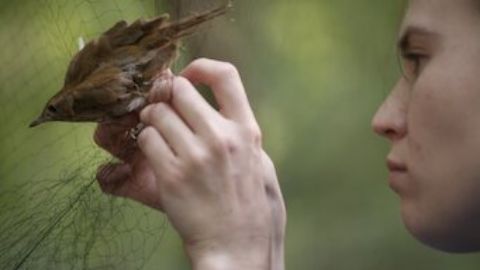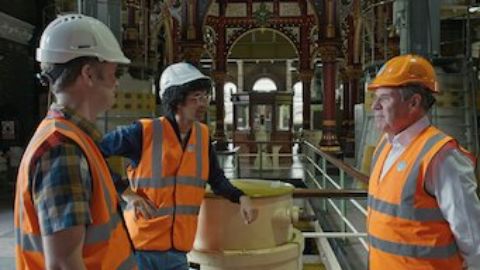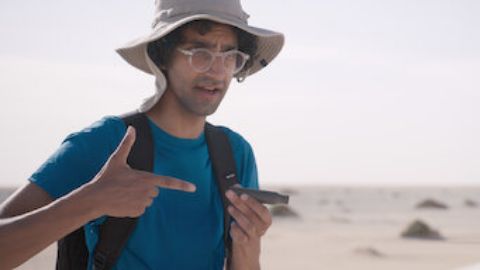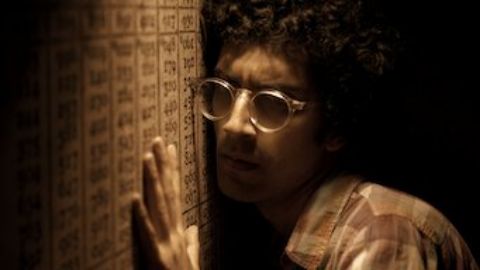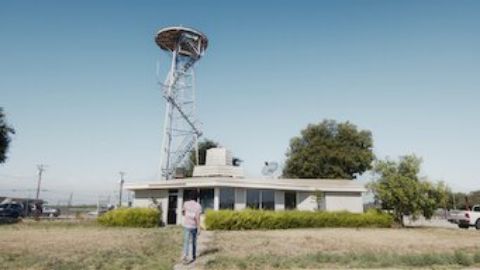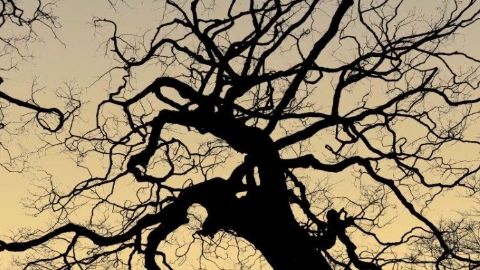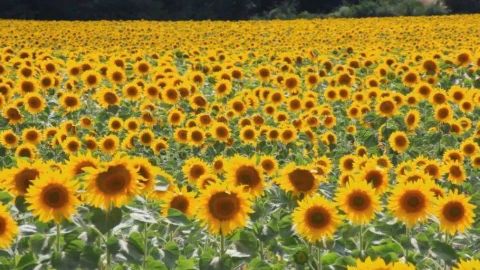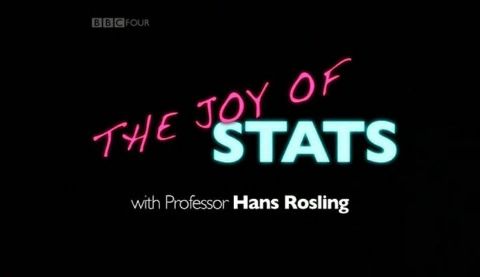Connected - The Hidden Science of Everything • 2020 • 6 episodes •
Ever feel like you're being watched? Well, you may be right. Latif explores the sometimes cute, often creepy ways surveillance pervades our lives.
2020 • Science
Sure, it's smelly, dirty and gross. But excrement is more complex than we think, holding many secrets, many problems and, potentially, many solutions.
2020 • Technology
A speck of dust seems insignificant, but a swarm of it can do everything from generating oxygen to tempering hurricanes to fertilizing the rainforest.
2020 • Technology
They may be our worst creations. But nuclear bombs also taught us things about ourselves and our world that we couldn’t have learned any other way.
2020 • Technology
